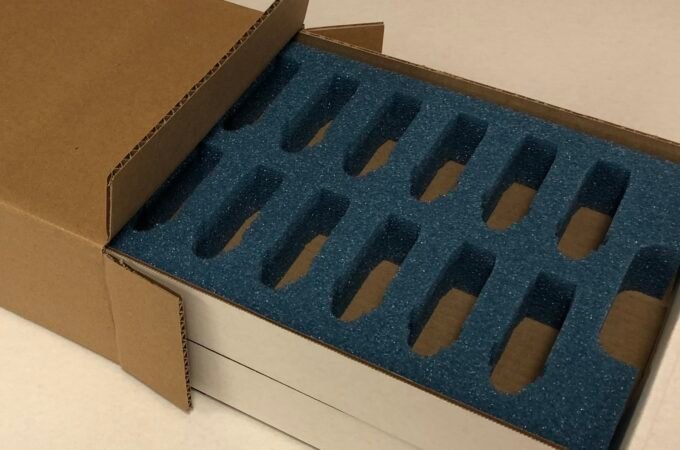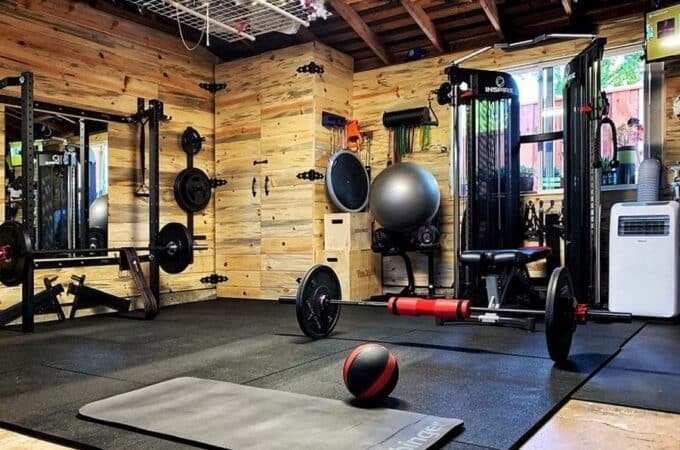Will FTL Freight Be Disrupted?
FTL freight transportation is a huge part of the transportation industry. It is often the most trusted way to transport goods, as it involves the same dedicated driver and truck carrying a load, minimizing any potential damage that can occur with the alternative, which is LTL transportation, or less-than-truckload transportation. However, as technology advances, many people are seeking to disrupt the industry.
FTL freight transportation has been around for a long time. We all know that delivering packages all around the world isn’t an easy task, and shipping companies are continually seeking ways to simplify the logistics involved. However, there are advances in self-driving technology that is threatening the livelihood of truck drivers worldwide. Otto is one of those companies. Founded in 2016, Otto was established by Anthony Levandowski, who worked on the self-driving car project at Google. As if to confirm how vital to the market the company was proving to be, with well-connected engineers and such a prestigious founder – the company was bought for hundreds of millions of dollars several months later, by none other than Uber. Uber is known for disrupting the taxi industry, and saw the kind of value that Otto could bring to their company.
FTL freight transportation is threatened explicitly because Otto consciously pivoted from automating passenger vehicles to trucks. They did so after realizing that trucks are responsible for ten percent of all highway fatalities. Truck drivers have always had to live a tiresome lifestyle, as goods continuously need to be delivered, regardless of how the trucker’s fatigue. Therefore, Otto has more relevance than ever.
FTL freight transportation is still a practical career, however. We all know that disruption takes a while. Uber has grown into a huge corporation, but not without its obstacles. As a company; Uber has had many problems with governments – whether we are talking about countries like Denmark, Hungary, Bulgaria, or even Italy – or individual cities, such as Austin, Texas. This shows that even with consumer demand and a disruptive technology; there will be pushback for various reasons. Uber, in the name of profits worldwide, even had secret programs to try to avoid law enforcement – showing the level to which the company knew that what it was doing was wrong, but attempted to obtain market share, regardless. This is all relevant considering Uber now owns the most high-profile company involved in self-driving trucks.
FTL freight transportation, regardless, isn’t going anywhere anytime soon. While Otto will take its time to perfect its technology; goods still need to be delivered, whether it’s oil, batteries, teddy bears, or steaks to your local restaurant. Also, the increasing demand means that the industry will provide unique opportunities to raise wages to attract young drivers. For now, FTL freight transportation won’t be disrupted – but it certainly should keep an eye on the road for what Otto has next.






